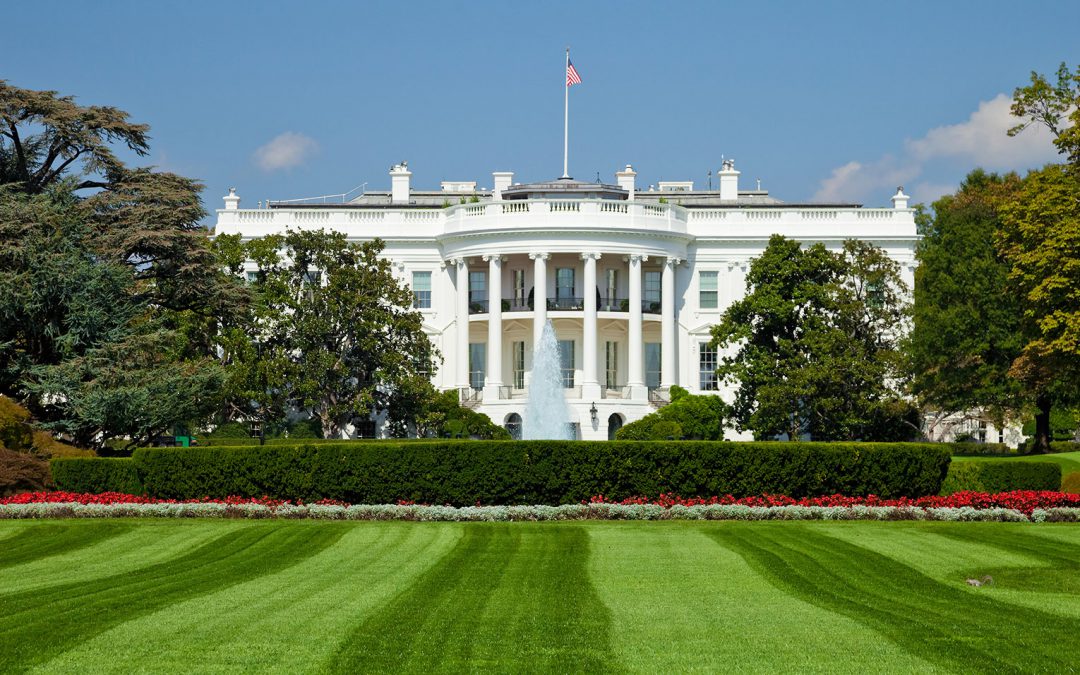WASHINGTON — Even if President Trump can convince Congress to pass his plan for limiting family-based immigration — which he calls “chain migration” — it would take over a decade for his proposal to actually reduce legal immigration, according to some analysts.
The framework for immigration legislation laid out by the White House last week would limit family-based reunification — an immigration process by which current green card holders and legal residents can sponsor their family members — to only spouses and minor children. This would decrease overall annual immigration into the United States by nearly half a million people, according to the libertarian Cato Institute.
However, the reduction in immigration wouldn’t begin until approximately four million undocumented people currently on family-based waiting lists — known as backlogs — are processed. Policy analysts said that process would take over a decade.
“We’re thinking it will be 10 to 12 years before all four million of these people are actually out of the system,” said Andrew Arthur, resident fellow at the Center for Immigration Studies, a think tank that advocates for lower levels of immigration. “And that’s on top of the 1.8 million people getting amnesty.”
Trump’s proposal also includes a path to citizenship for as many as 1.8 million young undocumented immigrants — or “DREAMers” — brought to the U.S. as children.
Other analysts said it could be even longer until legal immigration would actually start to decline.
“If the proposal means current family preference caps would stay in place until the backlog is processed, we’ll continue to allocate 226,000 family-based green cards each year,” said Julia Gelatt, senior policy analyst at the nonpartisan Migration Policy Institute. “That means 17 years.”
The lengthy time it would take to process those immigrants in line for visas could give Democrats a huge window to roll back the White House’s restrictions and ensure the current, more generous provisions for family migration remain in place. Currently, family reunification policies allow for residents to sponsor family members from a broader range of categories, including adult children and siblings.
“Democrats will use every minute of those ten years to get those immigrants back, piece-by-piece,” said Ira Mehlman, media director for the Federation for American Immigration Reform, a conservative think tank.
“We didn’t get to this current immigration monstrosity all at once. We said, ‘How much will it hurt to just take in these people? And then what about these people, too?’ Everyone advocated for their own special group, and before we knew it, we got here.”
However, Gelatt said that despite the years it would take, if the White House proposals were passed they would likely succeed in eventually curbing family-based immigration and moving to a more skills-based policy.
“Congress hasn’t passed an immigration reform bill for over 30 years, so for them to get anything done is difficult,” she said. “I don’t think we can expect Democrats to be able to pass another bill reversing this one during that window.”
Eric Ruark, director of research at NumbersUSA, an immigration reduction advocacy group, was more skeptical and pointed to past examples of bipartisan immigration deals which failed to restrict immigration.
“The problem with every amnesty legislation that has been proposed and/or enacted … is that illegal aliens are awarded legal status immediately, while promised enforcement or cuts to overall levels come well down the road,” said Ruark.
In 2007, a bill introduced by former Senate Democratic Leader Harry Reid of Nevada that would have provided a pathway to citizenship for 12 million illegal immigrants in exchange for border security was defeated in Senate. In 2013, the Gang of Eight — a group of eight Republican and Democratic senators — failed to pass a bill that would have granted citizenship to 11 million illegal immigrants in exchange for border security and skills-based immigration quotas. The bill ran into opposition in the House and was never brought to the floor.
In addition to criticism from the right, the president’s proposal has also come under fire from more moderate members of his own party.
Sen. Susan Collins, a centrist Republican from Maine, described the Trump proposal as “very complicated” on CBS’ Face the Nation on Sunday.
“It seems to me that the two important things to tackle right now is to protect the Dreamers and also to strengthen border security,” said Collins.


